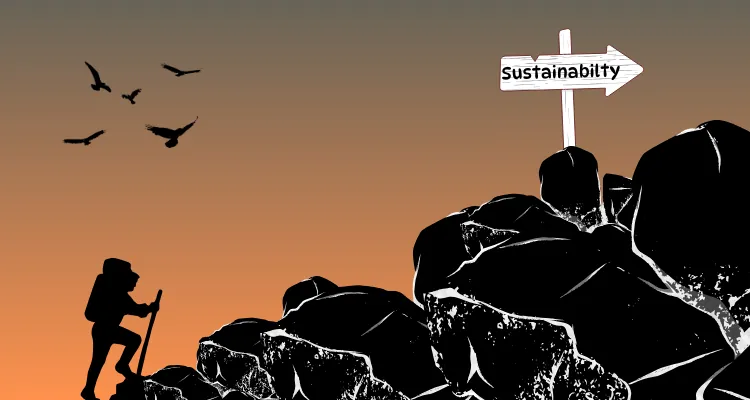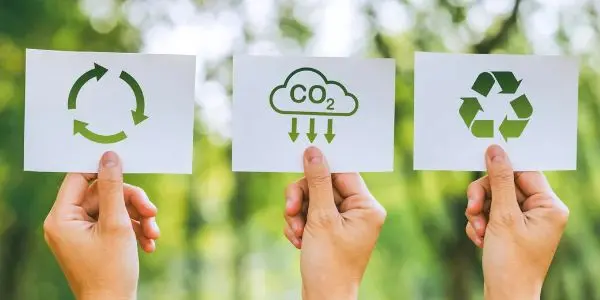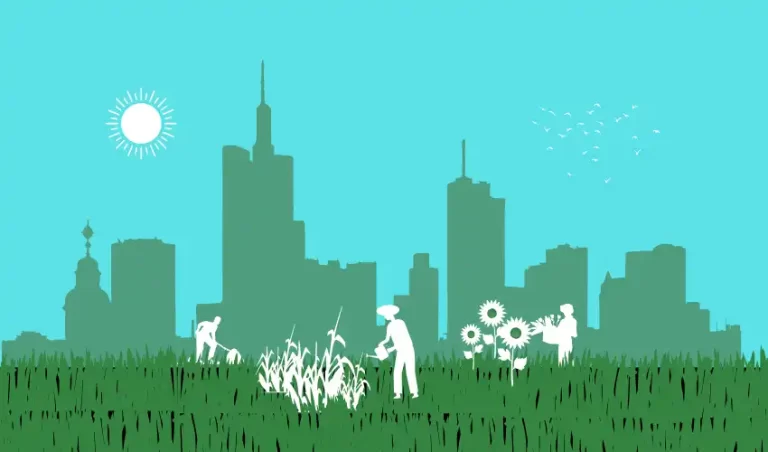10 Key Sustainability Challenges to Tackle in 2025
In 2025, the urgency to address global sustainability challenges is intensifying. Whilst established challenges continue, new challenges are also emerging.
Here are ten critical sustainability challenges that demand immediate attention in 2025.
1. Biodiversity Loss and Ecosystem Degradation

Global biodiversity rates have declined rapidly in recent decades, in part due to severe degradation of ecosystems. This threaten the balance between nature and human well-being.
Conservation efforts to protect endangered species and their habitats, along with sustainable land management, will be vital in 2025 to address this challenge.
Growing initiatives, such as Rewilding programmes and Biodiversity Net Gain regulations, have been positive steps to date. These must however progress much more rapidly during 2025 if biodiversity loss is to be stemmed.
2. Water Scarcity and Pollution

Water scarcity and pollution are significant global challenges, affecting billions of people worldwide.
Sustainable water management practices are essential to ensure equitable access to clean water, reduce water pollution, and promote efficient water use. Unfortunately, there are countless examples of these practices lacking.
For example, pollution of water course in the UK is a growing challenges that risks significant health issues if action is not taken during 2025.
Water conservation strategies such as rainwater harvesting, efficient irrigation techniques, and reducing water waste are also crucial, especially in regions facing water scarcity as Climate Change shows its effects.
3. AI, Tech and Ethics

Rapid technological advancements, running up to and during 2025, present both opportunities and challenges.
Ensuring the ethical development and use of artificial intelligence (AI) to address global challenges, whilst minimising risks is crucial. If we get this wrong, the environmental impacts of AI could be severe.
As this advances, bridging the digital divide to ensure equitable access to technology and its benefits must also be a key 2025 considersation.
More broadly, promoting responsible innovation, addressing privacy concerns, and ensuring that technology is used for the benefit of all are essential.
4. Climate Change and Its Impacts

Climate Change, driven by greenhouse gas emissions, continues to pose a significant threat to our planet. Its impacts, including extreme weather events and biodiversity loss, all highlight the need for urgent action.
Mitigation strategies such as transitioning to renewable energy sources, improving energy efficiency, and reducing greenhouse gas emissions are crucial.
Adaptation measures are also essential to build resilience and minimise the adverse effects of climate change. This includes developing early warning systems, investing in infrastructure, and implementing sustainable land use practices.
5. Carbon Offsetting Advances
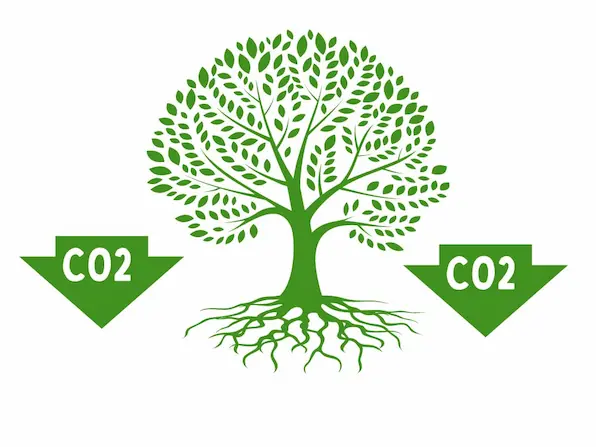
Carbon offsetting involves investing in projects that reduce or remove greenhouse gas emissions to compensate for emissions elsewhere.
While it’s not a standalone solution, will play a vital role in mitigating climate change; countering emissions that are currently not economically feasible to address. Many countries and organisations will require the support of offsetting to reach their Carbon Net Zero goals.
However, offsets take time to produce. Trees are a primary form and can take up to 10 years to reach an impactful rate of carbon absorption, or sequestration.
We therefore need to rapidly accelerate the rate of offset developments during 2025, in preparation for future demand.
6. Social Inequality and Economic Disparity

Social inequality and economic disparity hinder sustainable development and social progress.
Advancing the United Nations Sustainable Development Goals (SDGs) to address poverty, hunger, inequality, and social justice remains crucial in 2025.
This includes promoting inclusive growth that benefits all, reducing inequality, and creating opportunities for marginalised communities.
Growing investment in education, healthcare, and social safety nets will all help to reduce these inequality challenges.
7. Food Security and Agriculture

Ensuring access to nutritious food for all, promoting sustainable agriculture practices, and addressing food waste and loss are critical to global food security.
Support for sustainable agriculture practices such as agroforestry, organic farming, and conservation agriculture is growing. These can help us to advance both food security and environmental protection in 2025.
Reducing food waste through improved storage, transportation, and consumer practices is also essential.
8. Waste Management and Circular Economy

The excessive generation of waste and pollution poses a serious threat to the environment and human health.
Transitioning to a circular economy that minimises waste and maximises resource efficiency is essential. Reducing plastic pollution through reduction, reuse, recycling, and innovation is also remains crucial.
Implementing waste reduction strategies, improving waste management infrastructure, and promoting recycling and composting can help to reduce waste and pollution.
9. Energy Access and Affordability
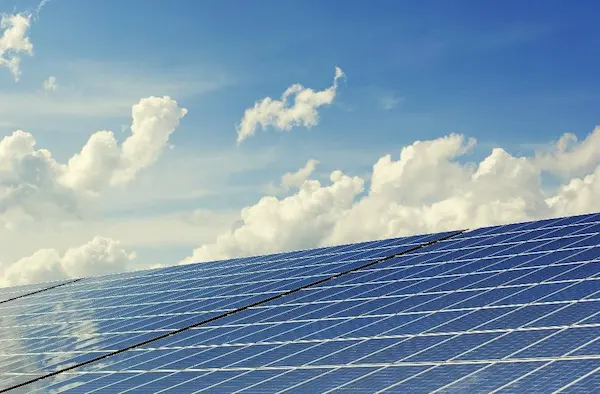
Expanding access to clean and affordable energy, particularly in developing countries, and promoting energy efficiency is essential for sustainable development.
To enable this, transitioning to renewable energy sources such as solar, wind, and hydro power, must continue to drive forward in 2025.
Promoting energy efficiency through building retrofits, appliance standards, and behavioural change can also help to reduce energy consumption and emissions. Costs are though often high, so government support in this field is key.
10. Public Health and Disease
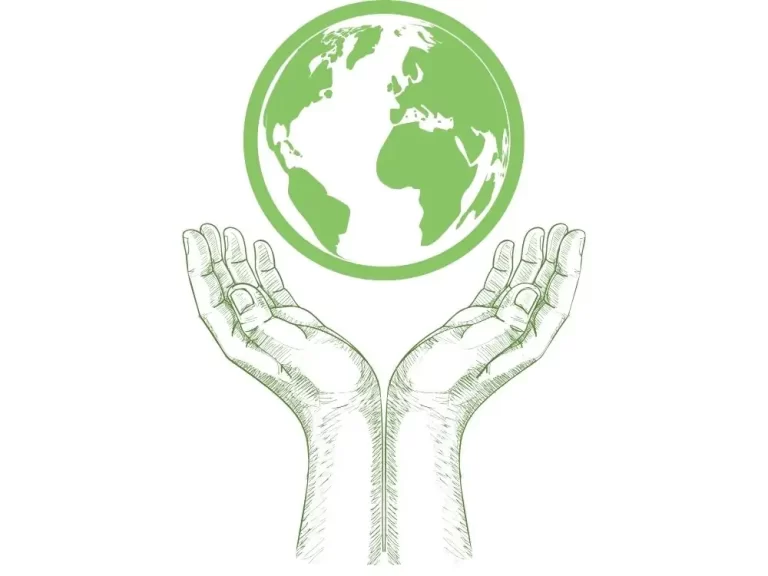
Addressing global health challenges, such as emerging diseases and access to healthcare, is crucial for human well-being and sustainable development.
Strengthening public health systems, promoting healthy lifestyles, and investing in research and development are essential to address these challenges.
Doing so also helps advance preparation for Climate Change, which is expected to allow the spread of diseases, such as malaria, into regions that were previously unaffected.
Final Thoughts on Sustainability in 2025

The sustainability challenges we face in 2025 are vast and difficult. However, these challenges, if achieved, are also exciting opportunities that will contribute to a bright future.
They are also often highly interconnected, requiring us to take a holistic approach to address them effectively.
Therefore, if we prioritise sustainability effectively in 2025, we can use these challenges to create a more resilient, equitable, and sustainable future for generations to come!
Which sustainability challenges do you think are key in 2025? Are there any you think are being overlooked? Let us know in the comments section below.
Lastly, if you’ve enjoyed this post, then we recommend you also check out our post on the 2025 Sustainability Trends to Watch. Happy reading!

